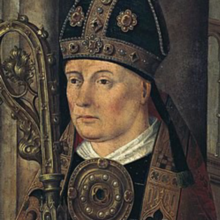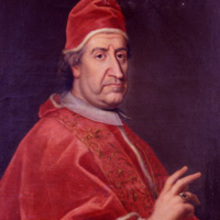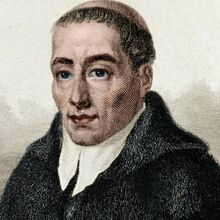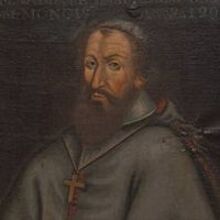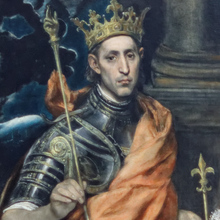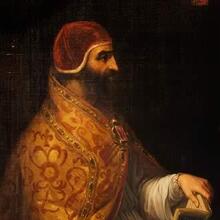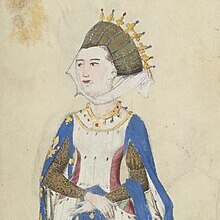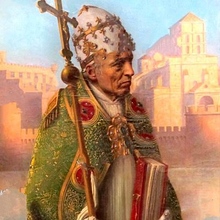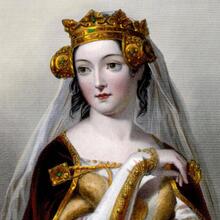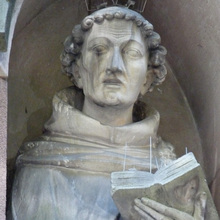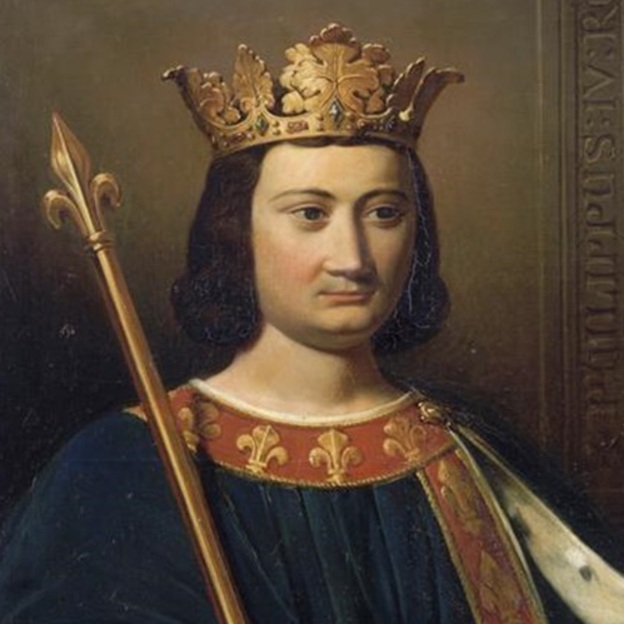
Personal
Other names:
Philip the Fair
Philippe le Bel
Job / Known for:
King of France and Navarre
Left traces:
Reformed the French monarchy and administration
Born
Date:
1268-04-01
Location:
FR
Fontainebleau, France
Died
Date:
1314-11-29 (aged 46)
Resting place:
FR
Death Cause:
Stroke
Family
Spouse:
Joan I of Navarre (m. 1284, d. 1305)
Children:
Louis X of France, Philip V of France, Charles IV of France, Isabella of England
Parent(s):
Philip III of France and Isabella of Aragon
QR Code:
 My QR code:
Philip IV of France
https://DearGone.com/10743
My QR code:
Philip IV of France
https://DearGone.com/10743
Key Ownner:
Not yet supported by key owner
Show More
Rank
Users ranking to :
Thanks, you rate star
Ranking
5.0
1
Fullname
Philip IV of France
Fullname NoEnglish
Philippe IV de France
Slogan
A king does not have friends, only subjects and enemies
About me / Bio:
Show More
Article for Philip IV of France
Died profile like Philip IV of France
Comments:
